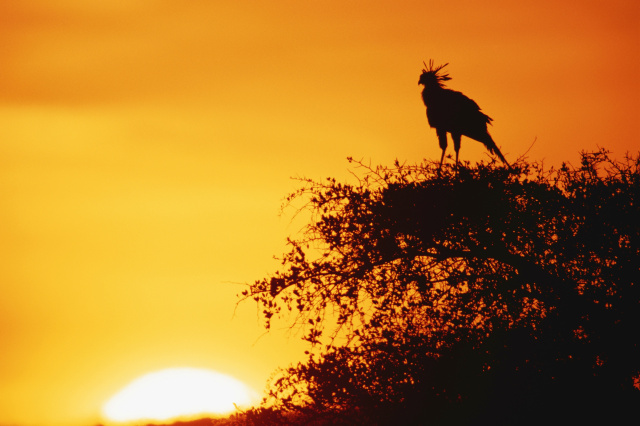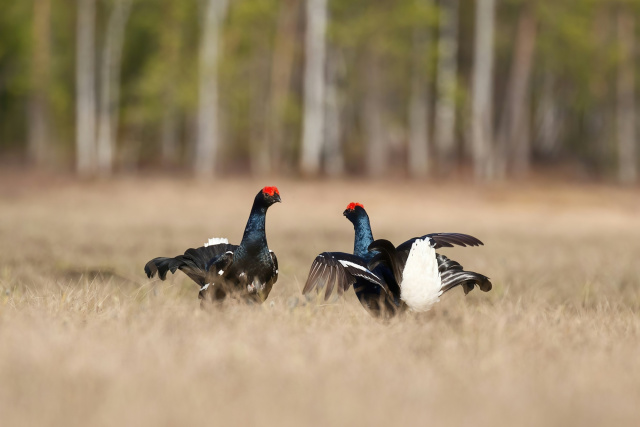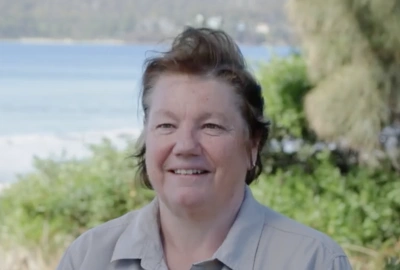It started in South Africa
One of the earliest photographs of me at age six, is me feeding an oiled penguin as part of the rehab process. So it kind of got stuck in pretty early.
We were always allowed to choose what we did for our birthdays and I always wanted to do a nature drive. I think what really cemented it for me was I saw a bird in a paddock away from the car and it was bouncing up and down, so we stopped.
For 20 minutes we watched a secretary bird killing a snake and I'd never seen anything like that. That for me was when I knew I wanted to work with birds.

Having seen that secretarybird, I knew I wanted to work with animals, and then my choices really were to be a vet or to be a wildlife biologist. Back in those days we were called zoologists.
So, I decided I would rather work with animals in their habitats than people's pets. That steered me then towards doing zoology at the University of Cape Town and I specialized in marine ornithology, because I wanted to go and work in Antarctica.
- only to find out in the 1980s I was a bit ahead of my time, and I wasn't allowed to go (to Antarctica) because I was female. They didn't overwinter women for another nine years after I was ready to go.
So I gave up on that idea and I went back to the UK and I worked for a conservation organisation on birds that were critically endangered.
I worked on grey partridges for seven years and then went to Scotland and worked on black grouse, trying to look at ways that we could improve populations working within the farmland environment and forestry.
That's how I ended up as a professional ecologist/ornithologist.


Karen Dick
One of the earliest photographs of me at age six, is me feeding an oiled penguin as part of the rehab process. So it kind of got stuck in pretty early.
We were always allowed to choose what we did for our birthdays and I always wanted to do a nature drive. I think what really cemented it for me was I saw a bird in a paddock away from the car and it was bouncing up and down, so we stopped.
For 20 minutes we watched a secretary bird killing a snake and I'd never seen anything like that. That for me was when I knew I wanted to work with birds.

Having seen that secretarybird, I knew I wanted to work with animals, and then my choices really were to be a vet or to be a wildlife biologist. Back in those days we were called zoologists.
So, I decided I would rather work with animals in their habitats than people's pets. That steered me then towards doing zoology at the University of Cape Town and I specialized in marine ornithology, because I wanted to go and work in Antarctica.
- only to find out in the 1980s I was a bit ahead of my time, and I wasn't allowed to go (to Antarctica) because I was female. They didn't overwinter women for another nine years after I was ready to go.
So I gave up on that idea and I went back to the UK and I worked for a conservation organisation on birds that were critically endangered.
I worked on grey partridges for seven years and then went to Scotland and worked on black grouse, trying to look at ways that we could improve populations working within the farmland environment and forestry.
That's how I ended up as a professional ecologist/ornithologist.

You might like...

Tasmania: every day's a birding day

Albatross: a life at sea

From surfing came a love of the ocean

A lifelong love for wildlife
Newsletter
Sign up to keep in touch with articles, updates, events or news from Kuno, your platform for nature
